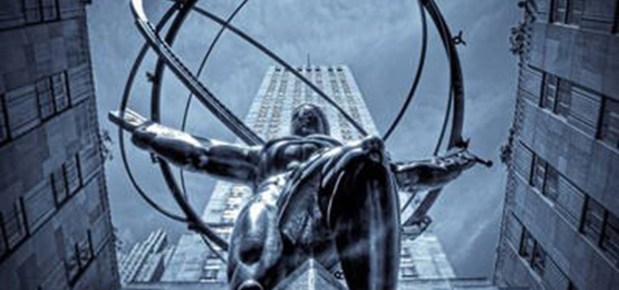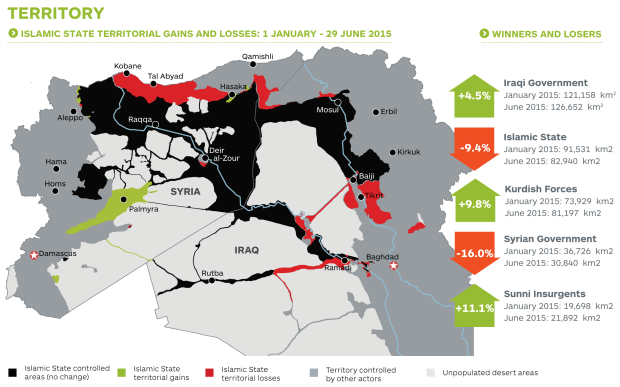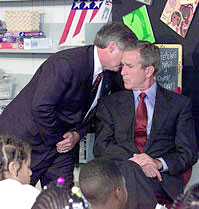
Who is John Galt?
Ayn Rand’s books are great. The masterpiece Atlas Shrugged is a real masterpiece, and the less known The Fountainhead also.
I mean, who can’t pay homage to Francisco D’anconia and Hank Rearden?
Reading her book for the first time is eye-opening for everyone. It’s impressive and it’s overwhelming. Usually one picks up the book because it’s extremely famous and you heard it’s entertaining. But after a while, when you get around the middle of Atlas Shrugged, it’s just WOW! Rand is telling you a theory through a narrative. And that theory is all any capitalist hard-working person wants to hear. And the characters are all you want to become.
It’s beautiful and awesome and intellectual and smart and ambitious and full of strength and heroic.
But you gotta be real. So, it takes time to learn and understand you have to let it go. I don’t mean to forget it all, but to learn that theory is one thing, reality is another.
Ayn Rand’s ideas are very utopian. In it’s grand majority, I adore them. But there are few points I feel she exaggerates a bit, it should be more flexible, more malleable, kinder, more charitable, more compassionate. And that’s why it becomes too rigid, too narrow, too robotic, and thus, loosing touch with reality.
In the real world you can try to apply her beautiful theory. Daily, you can and should strive to do more, do more for yourself, think for yourself, enjoy freedom to pursue your happiness through the love of personal fulfillment in work and relationship. But it’s important to know that you are going to need help, others need help, and not everyone is at the same level. Some people strive, some don’t, and we need to interact with everyone. (Up untill here you can say Rand is still 100% right and I am not contradicting her, so here it comes). Interacting with everyone is not fighting everyone. It’s not a battle between your rightness because you know that you strive for betterment and they do not. It’s not a war between right and wrong. Rather it’s about acceptance, respect and open-mindedness. It’s important to be have empathy and compassion, aiding them can support your own struggle as well. And vice versa – the world does spin and you may be the one falling one day.
In a few words, Ayn Rand‘s books and ideas are amazing but you need to outgrow them eventually. Or at least, know it’s not all there is.
Mr. George










